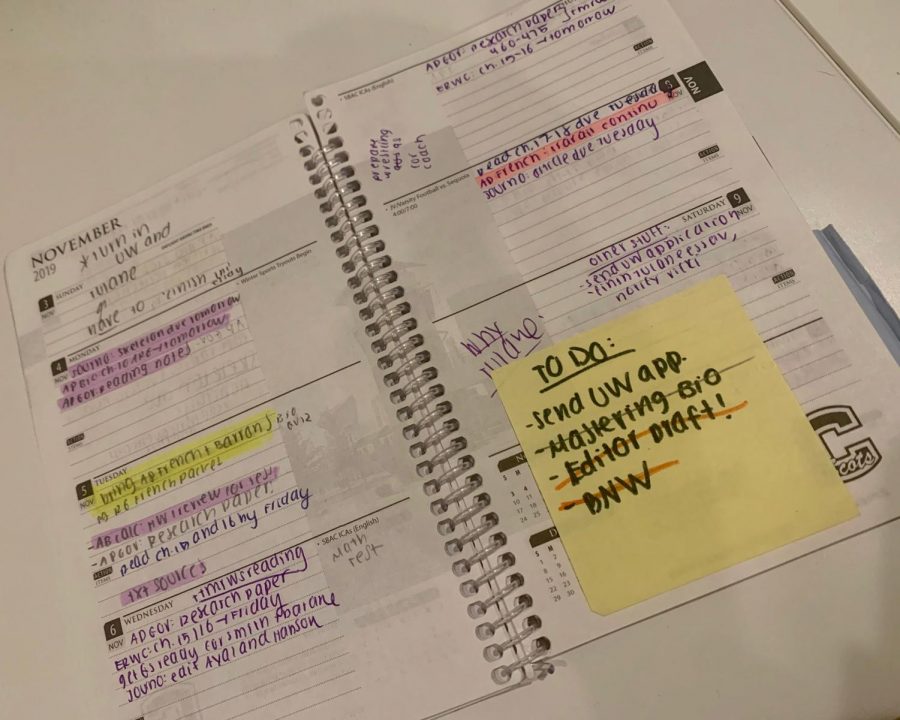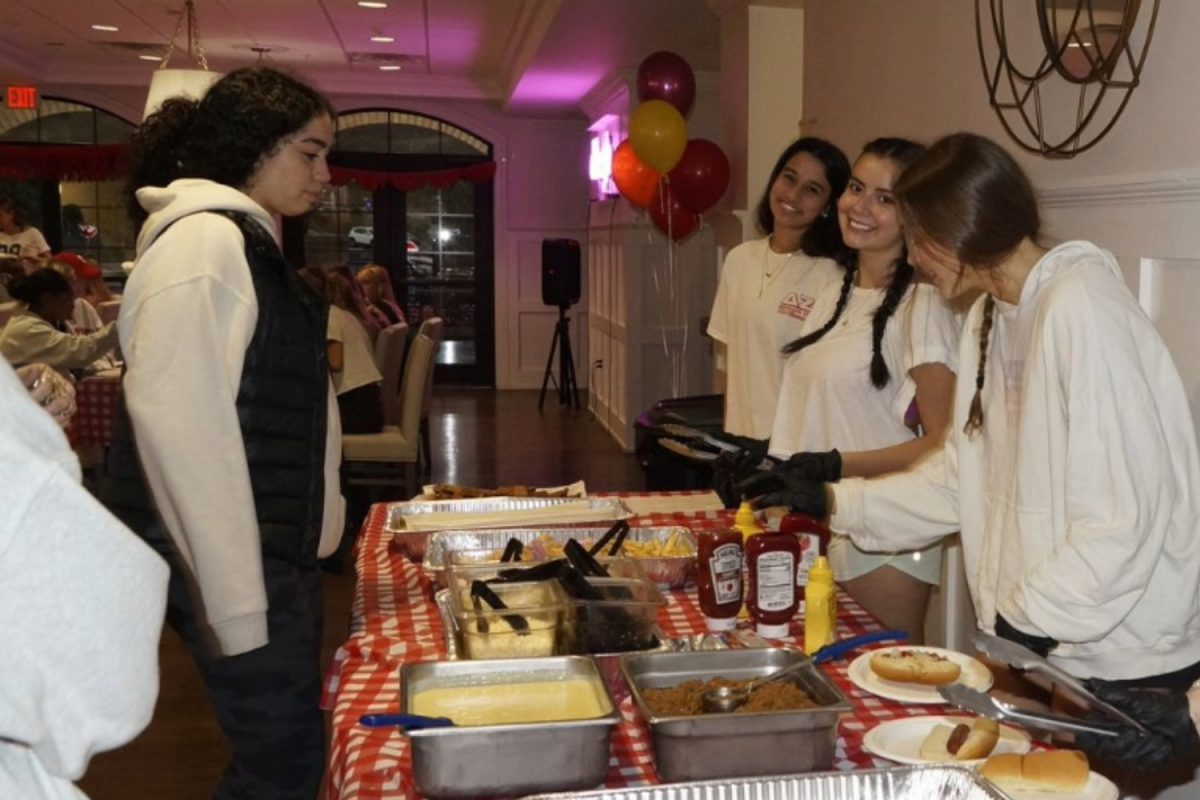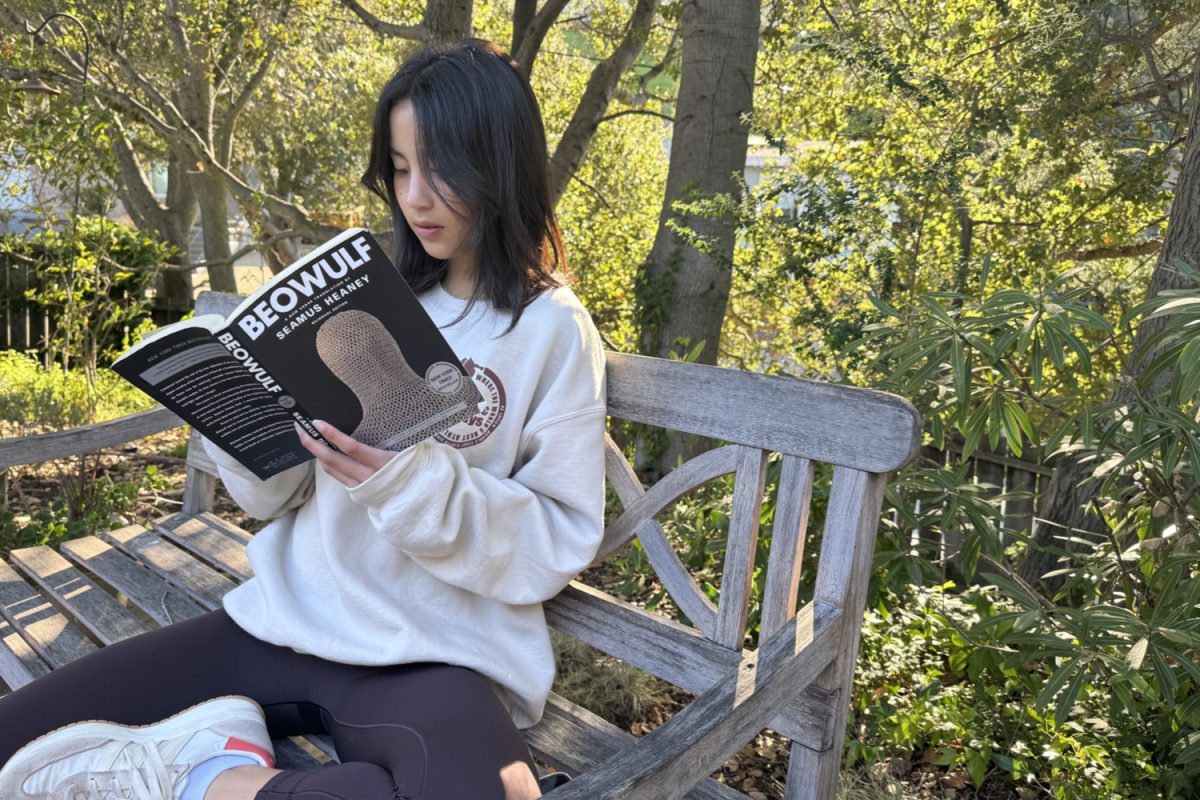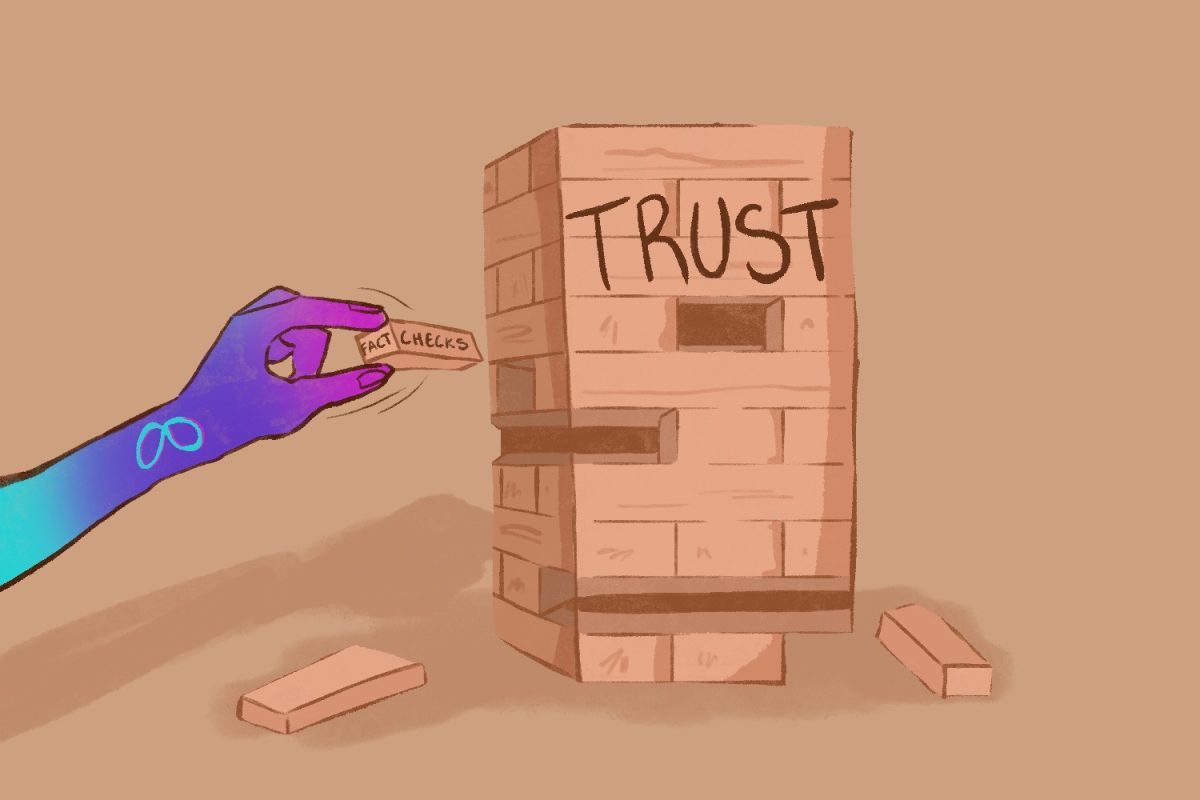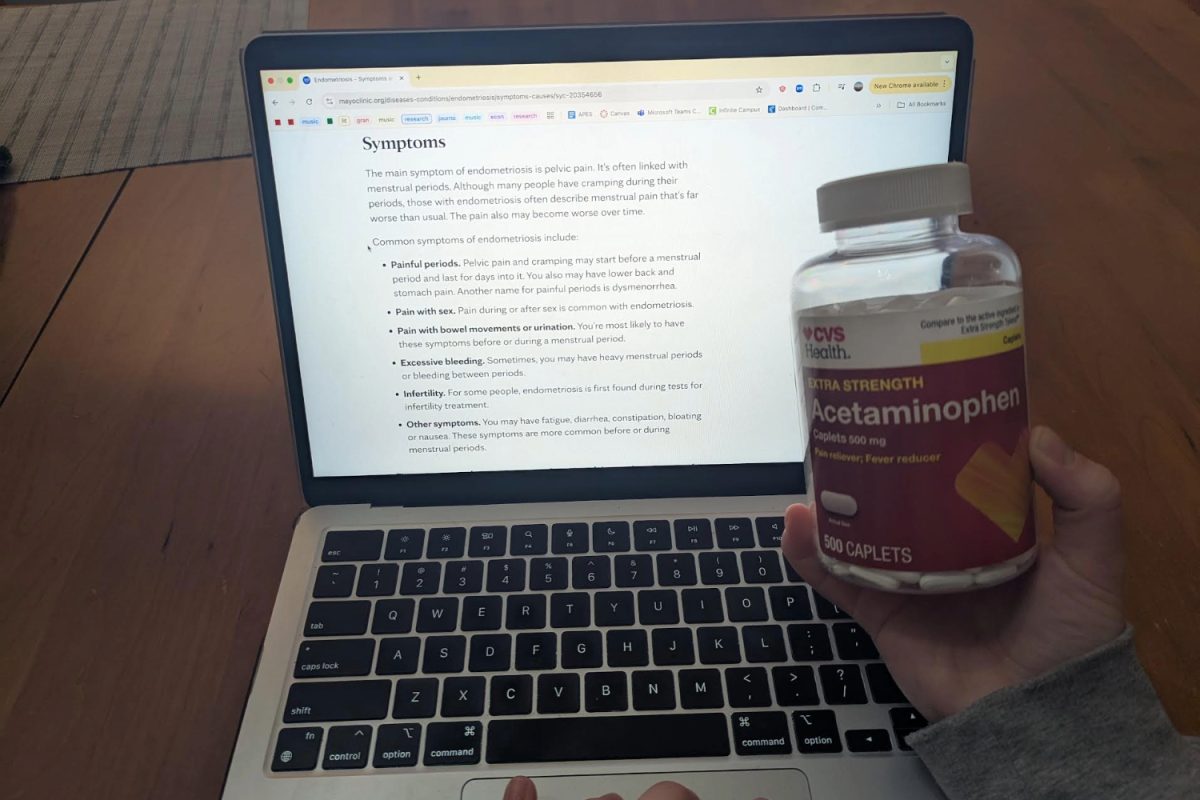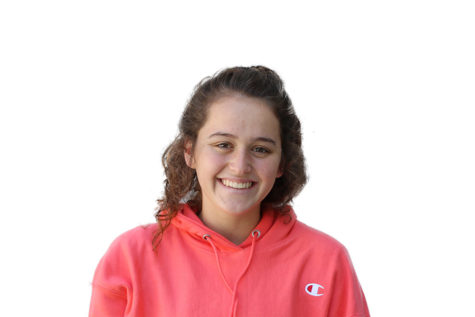Each individual student has their own interests and areas of strengths and weaknesses, but their goal tends to be similar: to graduate Carlmont with all the credits they need. The outlined requirements seem easy to follow, yet there are countless combinations of classes and ways to meet them due to the offering of college preparatory (CP) and Advanced Placement (AP) classes of the same subject.
Freshman year has almost no leeway in choosing levels of classes.
One can choose to take either Advanced Standing (AS) or CP English I and, depending on what math and world language level they are at, choose between the regular or honors class. Besides those few variations in level and the available visual arts electives, virtually all freshmen schedules look the same.
Sophomore year offers a little more flexibility and is the first year that an AP class is available for anyone to sign up for, namely AP European history.
Next to a student’s ability to choose whether or not to take AP history, they are now able to choose which science they want to take. Instead of being restricted to biology, like during freshman year, rising sophomores can opt to take physics, chemistry, or other science classes offered in the Biotechnology Institute (BTI) pathway.
Junior and senior year are the years where one can truly “go crazy.” There is a wide selection of classes to choose from, and nothing is really stopping students from taking as many five-point classes as they want. However, if one does decide to take four or more AP or honors courses, they are required to fill out the time management worksheet that, in theory, allows one to balance out their extracurriculars and course load.
The fact that the worksheet makes students write down how many hours per week they spend doing things other than the work for classes may seem ridiculous at first glance, but it brings us to a good question: how much of my time are we willing to dedicate solely to our classes?
It’s simply unrealistic to put zero hours for the “free time” category.
“Free time” entails anything from hanging out with friends to watching TV and being on a phone consuming media which, according to the Washington Post, takes up 7 1/2 hours of a teenager’s day.
So, realistically speaking, if one spends seven hours engrossed in media per day, they spend 35 hours total within five days, which accounts for five entire seven-hour days at school. This means that, in a week of 168 hours, students spend 70 hours of the week by just physically going to school and having “free time,” which puts them at 98 spare hours.
Now, take sleep and other necessities into account. The worksheet sets personal necessities at 14 hours minimum and at 56 hours of sleep per week for a total of 70 hours gone and 28 hours left. These last 28 hours are potentially consumed by homework and extracurriculars, like a paid job or sports practice.
Therefore, if one decides to take four AP classes that all have a weekly workload of at least three hours per class, that’s 12 hours dedicated to those classes, optimistically speaking. And, if they play a school sport and have two-hour practices five days a week, 10 hours are set aside solely for sports.
After all of this, there are six hours remaining in the week.
One may think that it’s manageable, but there’s always more to do. For example, those six hours can be used to study for the SAT or ACT for a junior or to work on college applications for seniors.
In reality, college applications take much longer than one anticipates as a junior. For example, to apply to a University of California (UC), one has to write well-constructed responses to four prompts. For any other schools that aren’t part of the UC or California State Univerisity (CSU) system, students will most likely need to apply through the Common Application and write a lengthy personal statement.
Likewise, those with lengthy college lists have just as many additional supplements to craft. To put it blatantly, it all amounts to a lot of essays and not a lot of time to do them.
So, as course selection rolls around, each student should be aware of how they want to spend their weeks because everyone needs to take a breath and relax once in a while.
*This editorial reflects the views of the Scot Scoop editorial board and was written by Alena Ruhstaller.

